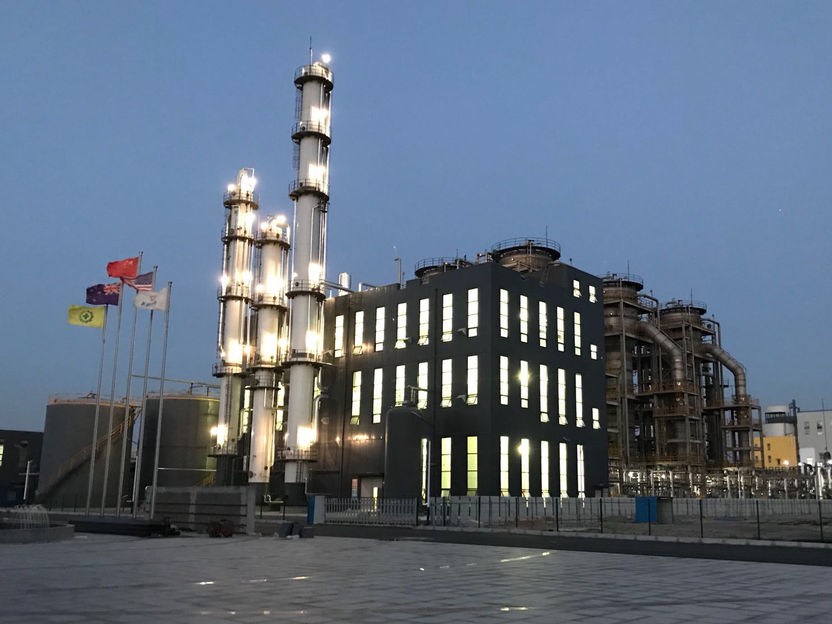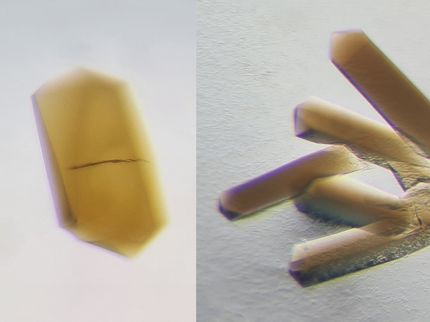BASF invests in carbon recycling company
Unique biotechnological procedure for using gaseous waste as a source for raw materials
BASF Venture Capital GmbH is to invest in LanzaTech, a biotech company headquartered in Chicago, Illinois, USA. Using special microbes, LanzaTech has developed a technology for gas fermentation that first enables ethanol to be produced from residual gases containing carbon monoxide and hydrogen. By re-using waste streams instead of incinerating them, industrial companies can reduce carbon dioxide emissions.

LanzaTech’s commercial facility with steel producer Shougang in China, converting steel mill emissions into ethanol.
BASF
LanzaTech’s patented technology is now being deployed at commercial scale in the steel industry where carbon monoxide from residual gases (off-gases) can be converted into ethanol. Ethanol can be used as the raw material for the production of diesel, gasoline or jet fuel and as a precursor to plastics and polymers. The company’s product portfolio includes additional biochemicals besides ethanol, such as chemical specialties and intermediates, that can be used as raw materials in other chemical production processes. The technology is also potentially suitable for treating and recycling waste streams in the chemical industry and for municipal waste disposal.
“LanzaTech offers a promising technology that allows currently unused industrial residue and waste streams to be recycled,” says Markus Solibieda, Managing Director of BASF Venture Capital. “We support our customers and society with chemistry that makes optimum use of available resources, and we are working to integrate sustainability increasingly in all our business processes. One part of this is investment in technologies that help to reduce carbon dioxide emissions.”
“Investment from BASF will help us realize our goal of a Carbon Smart Future,” says Jennifer Holmgren, CEO of LanzaTech. “BASF’s expertise in creating sustainable chemistry that benefits society aligns with our carbon recycling vision, where we capture and reuse waste carbon to make useful everyday items, displacing fossil feedstocks and keeping the sky blue for all.”
Most read news
Topics
Organizations
Other news from the department business & finance

Get the life science industry in your inbox
By submitting this form you agree that LUMITOS AG will send you the newsletter(s) selected above by email. Your data will not be passed on to third parties. Your data will be stored and processed in accordance with our data protection regulations. LUMITOS may contact you by email for the purpose of advertising or market and opinion surveys. You can revoke your consent at any time without giving reasons to LUMITOS AG, Ernst-Augustin-Str. 2, 12489 Berlin, Germany or by e-mail at revoke@lumitos.com with effect for the future. In addition, each email contains a link to unsubscribe from the corresponding newsletter.




















































